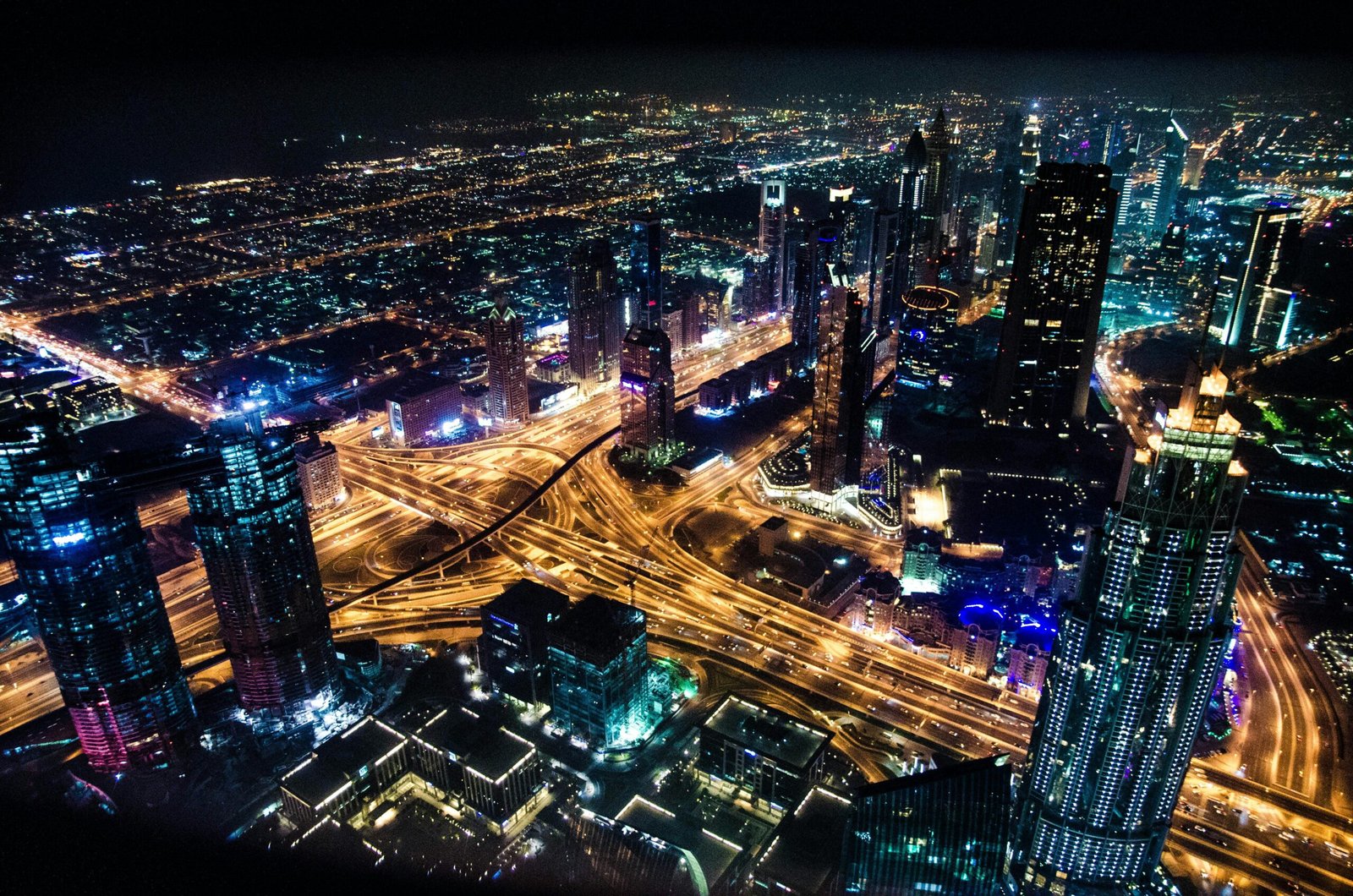As the global population continues to urbanize, smart cities have emerged as a transformative solution to address the challenges of urbanization. Artificial Intelligence (AI) plays a pivotal role in shaping these cities, enabling sustainable growth and improving the quality of life for residents. This article delves into the multifaceted applications of AI in creating sustainable urban spaces, showcasing its potential to revolutionize urban living.
Table of Contents
The Foundation of Smart Cities: What Makes a City Smart?
Smart cities integrate advanced technologies like IoT, big data, and AI to optimize urban infrastructure and services. From intelligent transportation systems to energy-efficient utilities, AI acts as the backbone of these innovations. It enables data-driven decision-making, real-time monitoring, and predictive analytics, ensuring efficiency and sustainability.
AI-Powered Urban Mobility
Transforming Public Transportation
AI-driven systems are revolutionizing public transportation by:
- Optimizing routes and schedules: Algorithms analyze traffic patterns to ensure efficient bus and train operations.
- Reducing congestion: Smart traffic lights and AI-based traffic management systems minimize delays and emissions.
- Enhancing passenger experiences: Real-time tracking and predictive arrival times provide commuters with accurate information.
Autonomous Vehicles in Urban Environments
Self-driving cars, powered by AI, are poised to reshape urban mobility. These vehicles:
- Reduce accidents: Machine learning models improve decision-making to minimize human errors.
- Cut emissions: Electric and autonomous vehicles lower carbon footprints.
- Improve accessibility: AI-enabled ride-sharing services ensure mobility for all, including the elderly and disabled.

Energy Management and Sustainability
Smart Energy Grids
AI optimizes energy distribution through:
- Demand prediction: Machine learning models forecast energy usage, reducing wastage.
- Renewable energy integration: AI systems balance traditional and renewable energy sources, maximizing efficiency.
- Energy storage management: Predictive analytics ensure optimal use of battery storage.
Building Energy Efficiency
Smart buildings leverage AI for sustainable energy usage by:
- Automating climate controls: AI-powered HVAC systems adapt to occupancy patterns and weather conditions.
- Monitoring energy consumption: Advanced sensors track usage in real-time, identifying inefficiencies.
- Implementing predictive maintenance: AI detects potential equipment failures, preventing energy losses.
AI in Waste Management
Effective waste management is essential for sustainable urban development. AI solutions include:
- Smart bins: Sensors monitor waste levels, enabling optimized collection schedules.
- Waste sorting: AI-based robotics automate sorting, improving recycling rates.
- Predictive analytics: Data analysis identifies waste trends, informing policy decisions.
Enhancing Urban Security and Safety
AI-Driven Surveillance Systems
AI enhances public safety through:
- Facial recognition: Identifying individuals in real-time to improve security.
- Behavior analysis: Detecting unusual activities to prevent crimes.
- Crowd management: Monitoring and managing large gatherings to ensure safety.
Disaster Management
AI improves disaster preparedness and response by:
- Predicting natural disasters: Machine learning models analyze data to anticipate earthquakes, floods, and hurricanes.
- Coordinating emergency responses: AI optimizes resource allocation during crises.
- Providing real-time updates: AI-powered communication tools keep residents informed.
Health and Well-being in Smart Cities
AI in Healthcare
Smart cities incorporate AI to improve healthcare systems:
- Telemedicine platforms: AI facilitates remote consultations, reducing the burden on hospitals.
- Disease prediction and prevention: Machine learning identifies patterns to combat outbreaks.
- Personalized medicine: AI tailors treatments based on individual data.
Urban Wellness Initiatives
AI supports community health through:
- Air quality monitoring: Sensors detect pollutants, informing mitigation strategies.
- Noise pollution control: AI algorithms identify and reduce noise sources.
- Green space planning: Data-driven designs create healthier living environments.
AI and Economic Growth in Smart Cities
Job Creation and Innovation
AI fosters economic opportunities by:
- Driving innovation: Encouraging the development of new technologies and startups.
- Reskilling programs: AI-powered platforms provide personalized learning experiences for workers.
- Enhancing productivity: Automation reduces costs and increases output across industries.
Optimized Urban Planning
AI assists governments and planners in designing efficient cities:
- Analyzing urban data: AI identifies growth trends and infrastructure needs.
- Simulating development scenarios: Predictive models evaluate potential impacts of urban projects.
- Streamlining resource allocation: AI ensures equitable distribution of funds and services.
Challenges and Ethical Considerations
While AI offers immense benefits, it also raises challenges such as:
- Data privacy concerns: Protecting residents’ personal information is crucial.
- Bias in algorithms: Ensuring fairness and inclusivity in AI systems is essential.
- Cost of implementation: Building smart cities requires significant investment.
Addressing these issues through robust policies and ethical frameworks will ensure the responsible use of AI in urban development.
Conclusion: A Vision for the Future
AI is at the heart of transforming urban spaces into smart cities. By addressing challenges and leveraging innovative technologies, we can build sustainable, efficient, and inclusive urban environments. As we continue to explore the possibilities of AI, the vision of smart cities as hubs of sustainability and growth becomes increasingly attainable.
Share this content:






